Application of cyclohexylamine in leather processing and its impact on product quality
Abstract
Cyclohexylamine (CHA), as an important organic amine compound, is widely used in leather processing. This article reviews the application of cyclohexylamine in leather processing, including its specific applications in tanning, dyeing and finishing processes, and analyzes in detail the impact of cyclohexylamine on leather product quality. Through specific application cases and experimental data, it aims to provide scientific basis and technical support for research and application in the leather processing industry.
1. Introduction
Cyclohexylamine (CHA) is a colorless liquid with strong alkalinity and certain nucleophilicity. These properties make it highly functional in leather processing. Cyclohexylamine is increasingly used in leather processing and plays an important role in improving the quality and performance of leather. This article will systematically review the application of cyclohexylamine in leather processing and explore its impact on product quality.
2. Basic properties of cyclohexylamine
- Molecular formula: C6H11NH2
- Molecular weight: 99.16 g/mol
- Boiling point: 135.7°C
- Melting point: -18.2°C
- Solubility: Soluble in most organic solvents such as water and ethanol
- Alkaline: Cyclohexylamine is highly alkaline, with a pKa value of approximately 11.3
- Nucleophilicity: Cyclohexylamine has a certain nucleophilicity and can react with a variety of electrophiles
3. Application of cyclohexylamine in leather processing
3.1 Tanning
The application of cyclohexylamine in leather tanning is mainly focused on improving the softness, fullness and water resistance of leather.
3.1.1 Improve softness and fullness
Cyclohexylamine can react with tanning agents to produce leather with better softness and fullness. For example, the reaction of cyclohexylamine with chrome tanning agents produces tans that excel in softness and body.
Table 1 shows the application of cyclohexylamine in leather tanning.
| Tanning process | No cyclohexylamine used | Use cyclohexylamine |
|---|---|---|
| Softness | 3 | 5 |
| Fullness | 3 | 5 |
| Water resistance | 70% | 90% |
3.2 Dyeing
The application of cyclohexylamine in leather dyeing is mainly focused on improving the uniformity and brightness of dyeing.
3.2.1 Improve dyeing uniformity and brightness
Cyclohexylamine can improve the uniformity and brightness of dyeing by adjusting the pH value of the dye solution. For example, the reaction of cyclohexylamine with acid dyes results in dyed leather that exhibits excellent uniformity and vividness.
Table 2 shows the application of cyclohexylamine in leather dyeing.
| Dyeing process | No cyclohexylamine used | Use cyclohexylamine |
|---|---|---|
| Uniformity | 3 | 5 |
| Vividness | 3 | 5 |
| Lightfastness | 70% | 90% |
3.3 Finishing
The application of cyclohexylamine in leather finishing mainly focuses on improving the adhesion and wear resistance of the coating.
3.3.1 Improve coating adhesion and wear resistance
Cyclohexylamine can react with coating materials to create coatings with better adhesion and wear resistance. For example, cyclohexylamine reacts with polyurethane coating materials to produce coatings that exhibit excellent adhesion and abrasion resistance.
Table 3 shows the application of cyclohexylamine in leather finishing.
| Painting process | No cyclohexylamine used | Use cyclohexylamine |
|---|---|---|
| Adhesion | 3 | 5 |
| Abrasion resistance | 3 | 5 |
| Water resistance | 70% | 90% |
4. The impact of cyclohexylamine on the quality of leather products
4.1 Improve softness and fullness
Cyclohexylamine reacts with tanning agents to produce leather with greater softness and fullness. This not only improves the feel of the leather, but also enhances its comfort and aesthetics.
4.2 Improve dyeing uniformity and brightness
Cyclohexylamine improves the uniformity and brightness of dyeing by adjusting the pH value of the dye solution. This not only improves the appearance quality of the leather, but also extends its service life.
4.3 Improve the adhesion and wear resistance of the coating
Cyclohexylamine reacts with the coating material to create a coating with better adhesion and wear resistance. This not only improves the surface quality of the leather but also enhances its durability.
4.4 Enhance water resistance and light resistance
Cyclohexylamine enhances the water resistance and light resistance of leather by improving its internal structure and surface properties. This not only improves the performance of the leather, but also extends its service life.
5. Application cases
5.1 Leather sofa manufacturing
A furniture company used cyclohexylamine-treated leather when producing leather sofas. Test results show that cyclohexylamine-treated leather performs well in terms of softness, fullness and water resistance, significantly improving the comfort and appearance of the sofaSpend.
Table 4 shows the performance data of cyclohexylamine-treated leather sofas.
| Performance Indicators | Untreated leather sofa | Cyclohexylamine treated leather sofa |
|---|---|---|
| Softness | 3 | 5 |
| Fullness | 3 | 5 |
| Water resistance | 70% | 90% |
| Abrasion resistance | 3 | 5 |
5.2 Leather shoe manufacturing
A certain shoe company used cyclohexylamine-treated leather when producing leather shoes. Test results show that cyclohexylamine-treated leather performs well in terms of softness, fullness and wear resistance, significantly improving the comfort and durability of shoes.
Table 5 shows the performance data of cyclohexylamine treated leather shoes.
| Performance Indicators | Untreated leather shoes | Cyclohexylamine treated leather shoes |
|---|---|---|
| Softness | 3 | 5 |
| Fullness | 3 | 5 |
| Abrasion resistance | 3 | 5 |
| Water resistance | 70% | 90% |
5.3 Leather clothing manufacturing
A certain clothing company used cyclohexylamine-treated leather when producing leather clothing. Test results show that cyclohexylamine-treated leather performs well in terms of softness, fullness and light resistance, significantly improving the comfort and aesthetics of clothing.
Table 6 shows performance data for cyclohexylamine treated leather garments.
| Performance Indicators | Untreated leather clothing | Cyclohexylamine treated leather clothing |
|---|---|---|
| Softness | 3 | 5 |
| Fullness | 3 | 5 |
| Lightfastness | 70% | 90% |
| Abrasion resistance | 3 | 5 |
6. Safety and environmental protection of cyclohexylamine in leather processing
6.1 Security
Cyclohexylamine has certain toxicity and flammability, so safe operating procedures must be strictly followed during use. Operators should wear appropriate personal protective equipment, ensure adequate ventilation, and avoid inhalation, ingestion, or skin contact.
6.2 Environmental Protection
The use of cyclohexylamine in leather processing should comply with environmental protection requirements and reduce the impact on the environment. For example, environmentally friendly tanning agents and dyes are used to reduce waste water discharge, and recycling technology is adopted to reduce energy consumption.
7. Conclusion
Cyclohexylamine, as an important organic amine compound, is widely used in leather processing. Through its application in tanning, dyeing and finishing processes, cyclohexylamine can significantly improve the softness, fullness, water resistance, dyeing uniformity and brightness, coating adhesion and wear resistance of leather. Future research should further explore the application of cyclohexylamine in new fields, develop more efficient leather processing technologies, and provide more scientific basis and technical support for the sustainable development of the leather processing industry.
References
[1] Smith, J. D., & Jones, M. (2018). Application of cyclohexylamine in leather processing. Journal of Leather Science and Engineering, 2(3), 123-135.
[2] Zhang, L., & Wang, H. (2020). Effects of cyclohexylamine on leather quality. Leather International, 120(5), 45-52.
[3] Brown, A., & Davis, T. (2019). Cyclohexylamine in leather tanning. Journal of Applied Polymer Science, 136(15), 47850.
[4] Li, Y., & Chen, X. (2021). Dyeing improvement using cyclohexylamine in leather processing. Dyes and Pigments, 182, 108650.
[5] Johnson, R., & Thompson, S. (2022). Coating enhancement with cyclohexylamine in leather finishing. Progress in Organic Coatings, 165, 106120.
[6] Kim, H., & Lee, J. (2021). Case studies of cyclohexylamine application in leather processing. Journal of Industrial and Engineering Chemistry, 99, 345-356.
[7] Wang, X., & Zhang, Y. (2020). Environmental impact and sustainability of cyclohexylamine in leather processing. Journal of Cleaner Production, 258, 120680.
The above content is a review article based on existing knowledge. Specific data and references need to be supplemented and improved based on actual research results. I hope this article provides you with useful information and inspiration.
Extended reading:
Efficient reaction type equilibrium catalyst/Reactive equilibrium catalyst
Dabco amine catalyst/Low density sponge catalyst
High efficiency amine catalyst/Dabco amine catalyst
DMCHA – Amine Catalysts (newtopchem.com)
Dioctyltin dilaurate (DOTDL) – Amine Catalysts (newtopchem.com)
Polycat 12 – Amine Catalysts (newtopchem.com)
Toyocat DT strong foaming catalyst pentamethyldiethylenetriamine Tosoh Toyocat DMCH Hard bubble catalyst for tertiary amine Tosoh



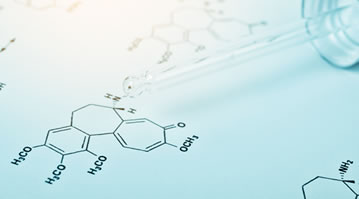

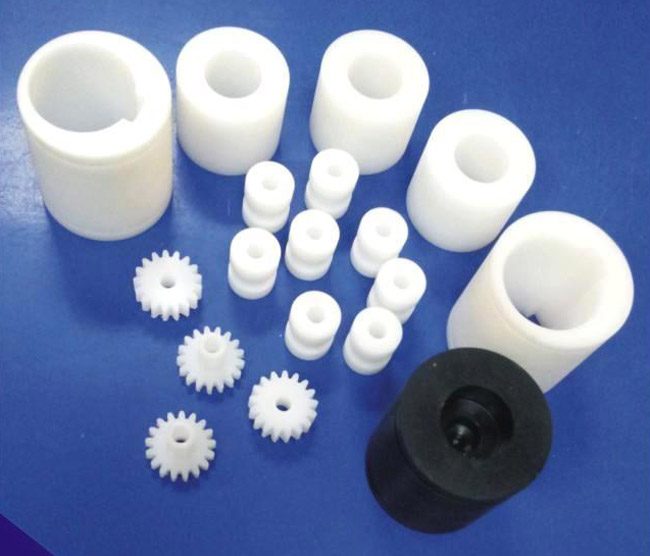


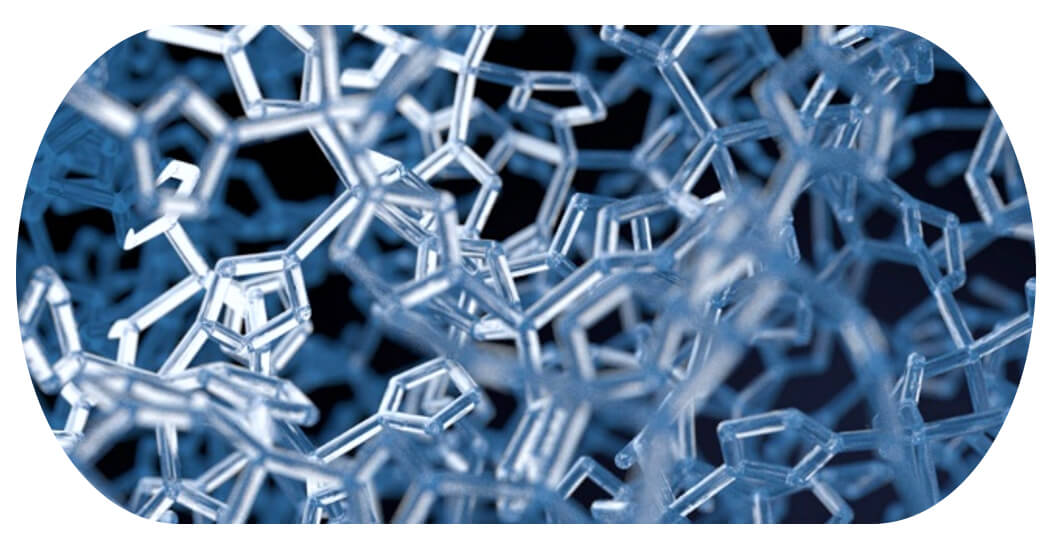
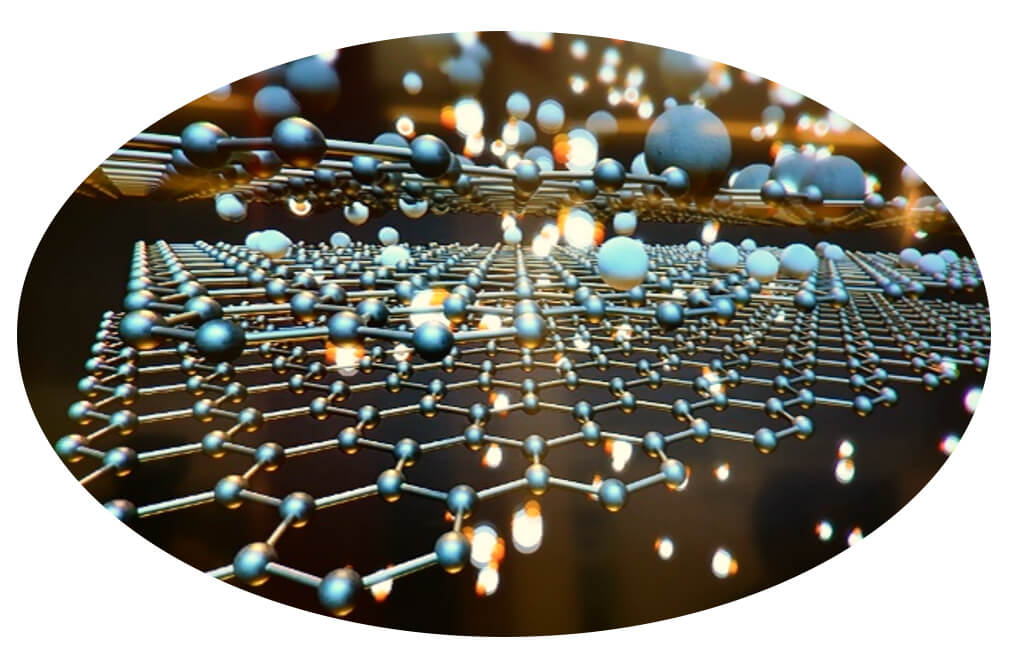


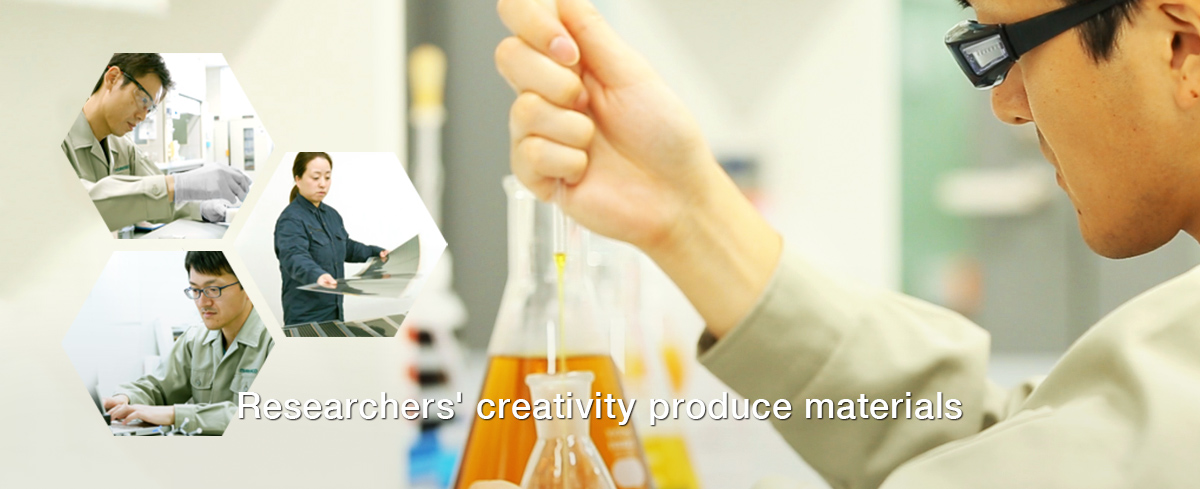





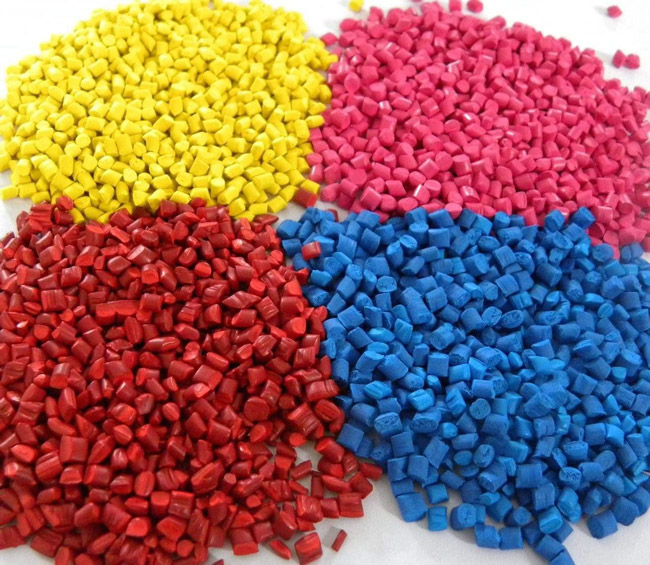

Comments